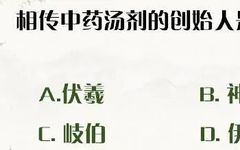
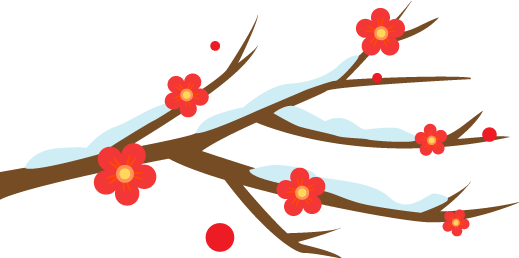
Issue 12—The Legacy of Chinese Herbal Decoctions (with audio)
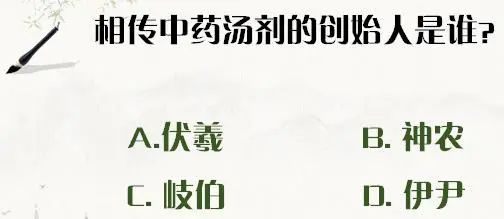
This issue delves into traditional culture, bringing you insights into Chinese herbal decoctions and the historical figure Yi Yin.
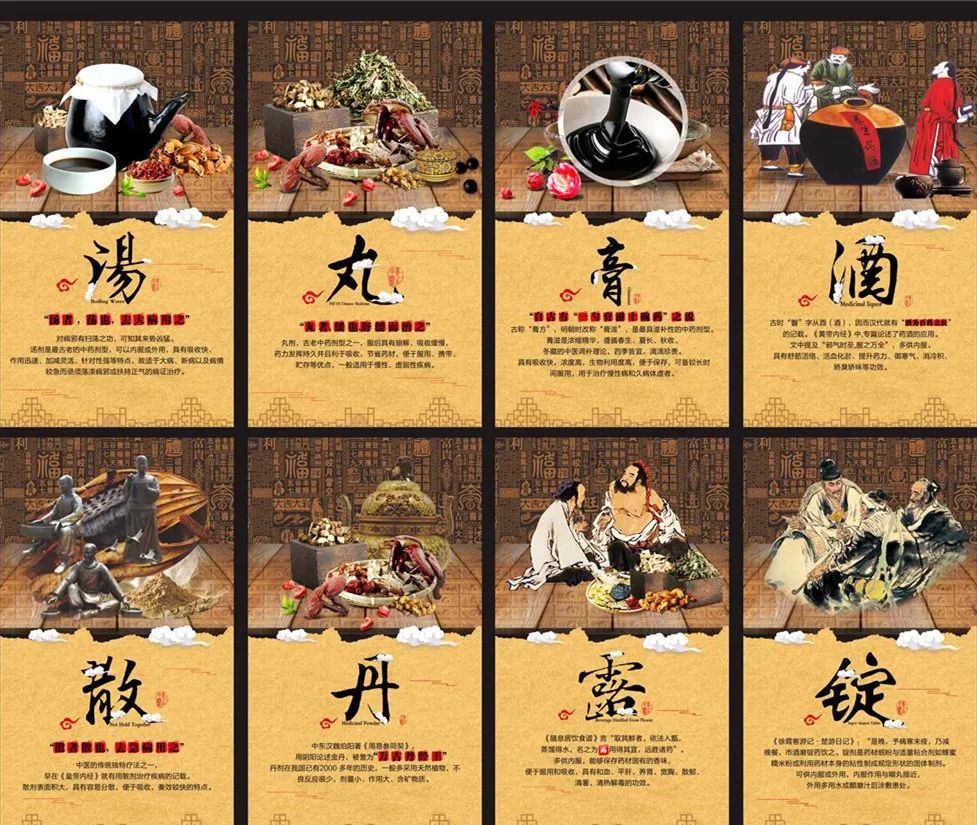
The forms of Chinese herbal formulas have been recorded since the Huangdi Neijing (Yellow Emperor’s Inner Canon), including decoctions, pills, powders, pastes, wines, and elixirs, among others, totaling over 40 types as noted in the Bencao Gangmu (Compendium of Materia Medica) during the Ming Dynasty. Among these, decoctions have consistently held the top position as the preferred form for both doctors and patients. Do you know why? Who was the originator of decoctions?
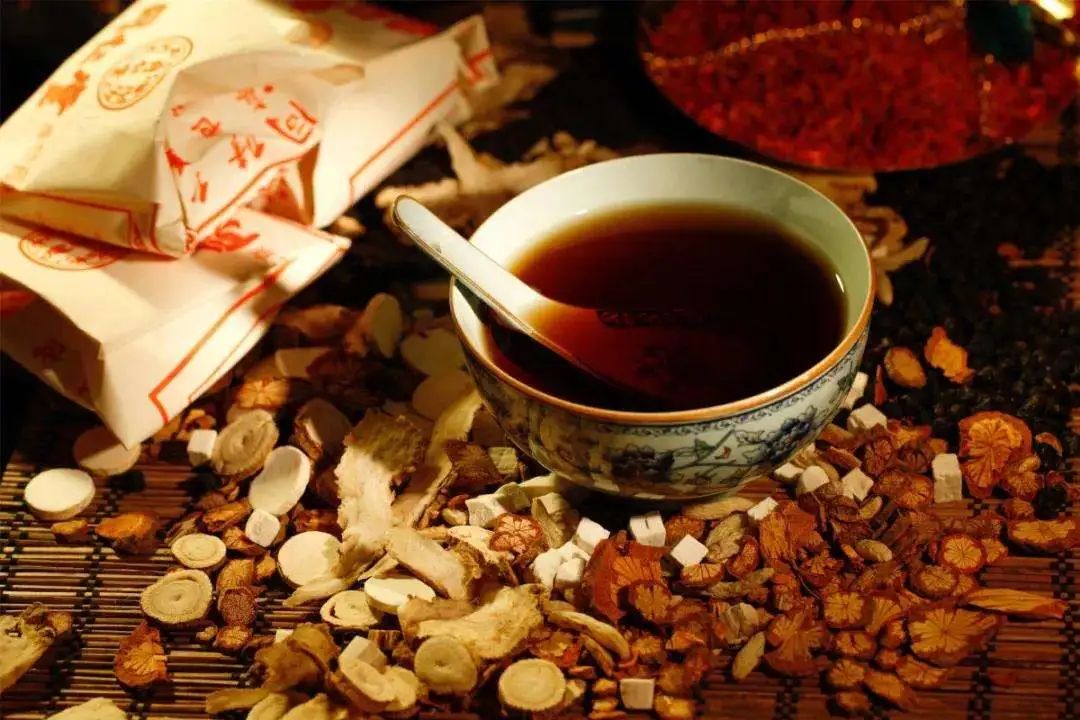
Decoctions, historically known as tangye (汤液), are liquid forms made by soaking herbal pieces in water or wine, then boiling for a certain period to extract the essence. They can be used both internally and externally. The characteristics of decoctions include rapid absorption and quick efficacy, and they can be adjusted according to the patient’s condition, providing comprehensive and flexible care tailored to each patient’s specific needs or stages of illness. As Li Dongyuan stated: “Decoctions are for purging, used for serious illnesses.”
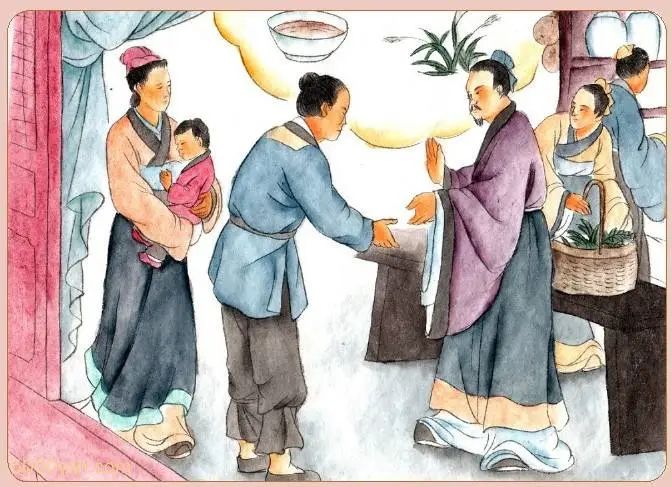
Legends regarding the creation of decoctions are mostly associated with Yi Yin. The Records of the Grand Historian states: “Yi Yin spoke of decoctions with flavor.” The Classic of Acupuncture and Moxibustion from the Jin Dynasty records: “Yi Yin, with his sage-like talent, compiled the Shennong Bencao to create decoctions.” This view has been widely accepted and followed by later generations. So, who exactly was Yi Yin?
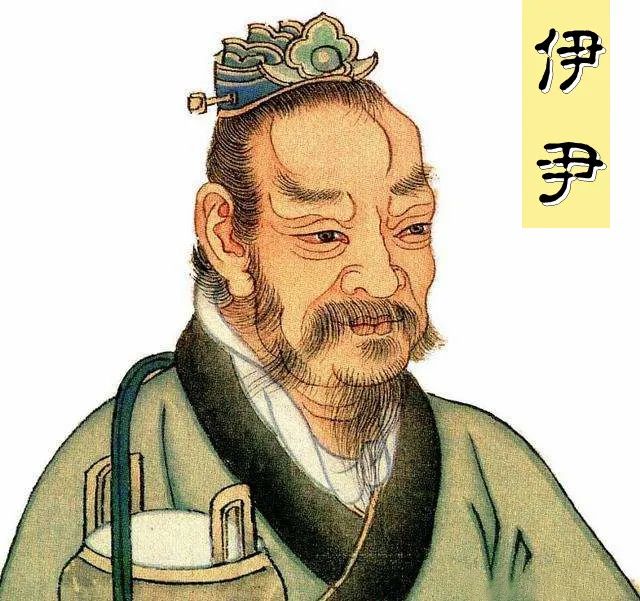
Yi Yin (1649 BC – 1550 BC), of the Si surname, was named Zhi, and later became known as Yi Yin after being appointed as a minister (equivalent to a prime minister) by King Tang of the Shang Dynasty. He was a politician and thinker at the end of the Xia Dynasty and the beginning of the Shang Dynasty, a founding figure of the Shang Dynasty, one of the founders of Daoism, and regarded as the ancestor of Chinese cuisine. It is said that Yi Yin was a slave who accompanied the wife of King Tang during her marriage, initially serving as the king’s cook, but later gained favor due to his profound governance skills and was appointed as a minister. Yi Yin was not only skilled in cooking but also knowledgeable in medicine, often discussing state affairs with King Tang based on medical theories.
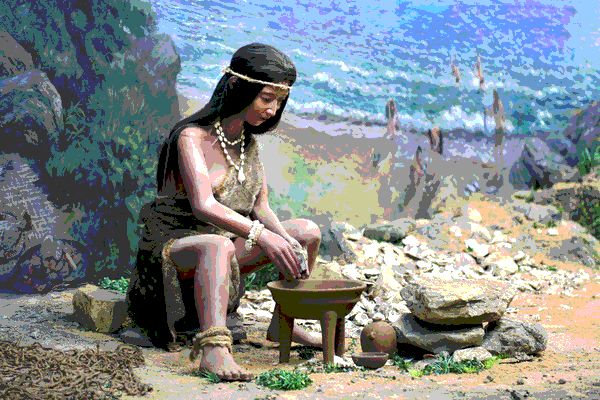
However, it is not entirely accurate to say that Yi Yin created decoctions. The emergence of decoctions likely stems more from the accumulated experiences of our ancestors over long periods of practical life. In ancient times, people only knew how to treat diseases by chewing raw herbs. Before the Shang Dynasty, the discovery and skilled use of fire, the advent of pottery, and the development of cooking techniques all created conditions for the emergence of decoctions. Therefore, the appearance of decoctions was likely coincidental, invented by many individuals similar to Yi Yin in different locations and under different conditions. The emergence of decoctions also became an important part of the history of the development of traditional Chinese medicine.
Thus, the knowledge points of Issue 12, along with the audio, have been sent. Did you get it √? Do you like this format? Feel free to leave a message below to interact with the editor, and we look forward to your comments~
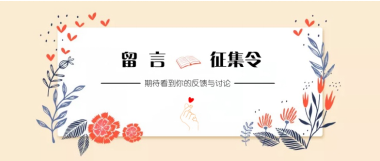
All images in this article are sourced from the internet. If there is any infringement, please contact us for removal.



Content source: Chen Xi
Editor: Wang Xin
Reviewer: Liu Dawei
Produced by: Changchun University of Traditional Chinese Medicine Library

